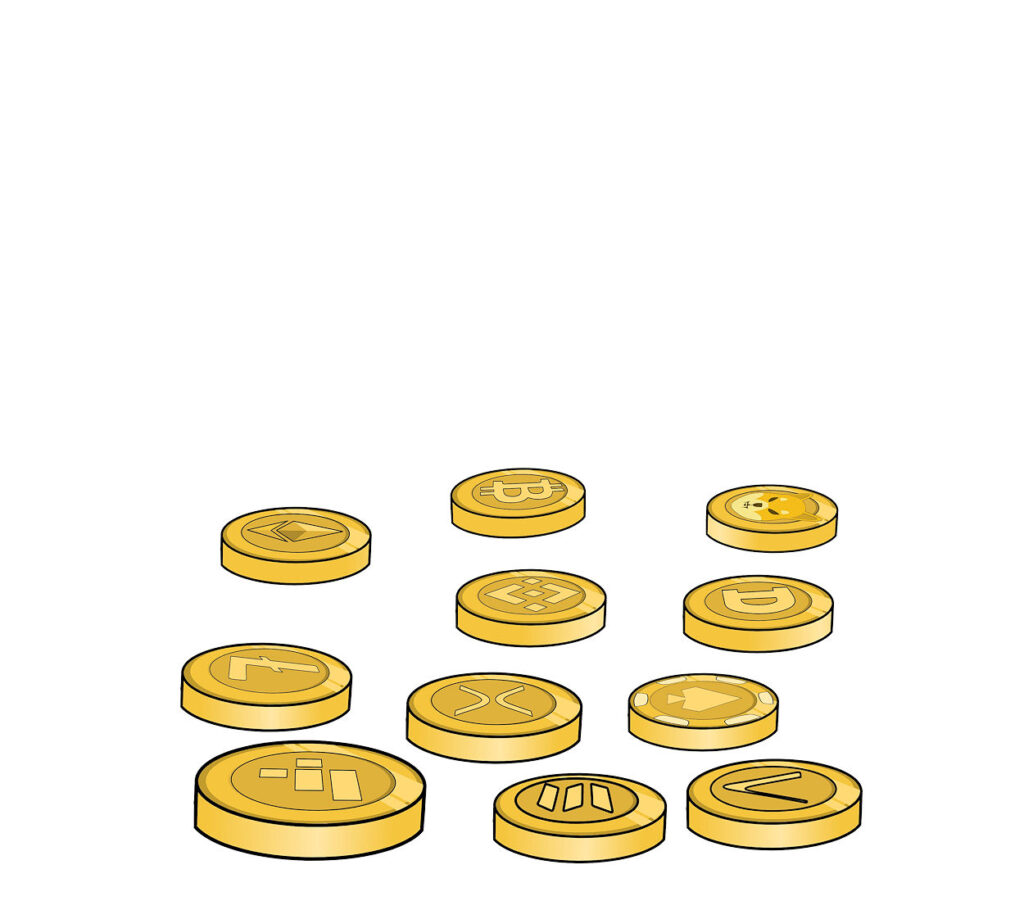
After FTX and BlockFi filing for Chapter 11 Bankruptcy, many are pulling their money from all crypto-exchange companies. There are valid fears of more billions of dollars being lost. This week however, one silver lining shining through is Coinbase. They’ve proven to have more Bitcoin reserves than Binance and now want to do more. The California-based digital currency company announced a $500k developer grant aimed at full-proofing crypto-exchanges.
What is Proofing?
By proofing, of course this means publicizing proof of reserves of exchanges.
FTX caused a tidal wave effect in the crypto world. They lost billions of dollars, donating to alleged corrupt politicians and making high risk trades in other cryptos & stock. All of which failed miserably in the long run.
Because of those failed trades, the company could not recover users’ money. So instead SBF & his ‘romantically involved team’ found ways to pump their own native token “FTT.” Seeing the price rise attracted new buyers or crypto-investors, just as any ponzi scheme.
But once CZ of Binance figured out something was wrong with the company’s reserves to back token values, the game ended. The #1 crypto-exchange’s CEO called out the rival FTX and announced he was selling all of his FTT tokens. This triggered the end.
All of this would have been exposed earlier however, had the public been able to see their ‘proof of reserves’ to back the company’s claimed value of $32-billion.
FTX’s reserves were grossly mishandled and a ‘proofing system’ published publicly would have stopped the crypto-exchange’s game long before it started.
The bad deed was done however and the cryptocurrency world is reeling in after effects, almost daily. From NBA teams being sued to BlockFi going bankrupt, the damage has been done. The ripple effects of a $32-Billion dollar scam will be long felt.
Cryptocurrency Exchanges Moving Forward
The world’s #2 crypto exchange, Coinbase, wants to move forward however.
They issued a statement on the benefits from the collapse of their former rival.
“One silver lining in the collapse of FTX is a huge focus on transparency into the assets and liabilities of different crypto firms,” said the company’s Chief Security Officer, Philip Martin.
Instead of living in the FUD, the digital currency trade-post looks to create a solution that prevents another FTX situation. The San Francisco HQ has announced CB will be putting half-a-million dollars towards a ‘proof of reserves’ developer grant.
Coinbase Developer Grant: Learning fro FTX
The $500k initiative will put money into the hands of qualified developers in hopes they can generate a system that will identify fraud exchanges.
The CSO also spoke on Coinbase’s goal with the grant.
“We are working toward a decentralized system where you don’t have to trust us, or any institution. You only need to trust the math. Everything should be transparent, immutable and verifiable to all.”
A statement that should have been heard long ago in the crypto industry. Perhaps FTX’s crash could prevent even worse happening as the digital currency world reached over $1-Trillion in market cap this year.
The idea of Coinbase is to generate a secure application that consumers can access to easily understand an exchanges’ assets and liabilities. Inclusive, an on-chain platform that offers raw accounting.
In layman’s terms, CB wants exchanges to have to show their true value at all times.
The new Coinbase developer grant is part of their 2023 Crypto Community fund. Their goal is to eliminate ‘zero knowledge’ financial tricks and force exchanges to practice independent external audits. The world’s #2 exchanges wants all companies to have transparent accounting that immutable and verifiable to all.
With that said however, perhaps Coinbase will have to answer their own issues of poor customer service and funds being lost from their debit card through the ‘black hole.’






